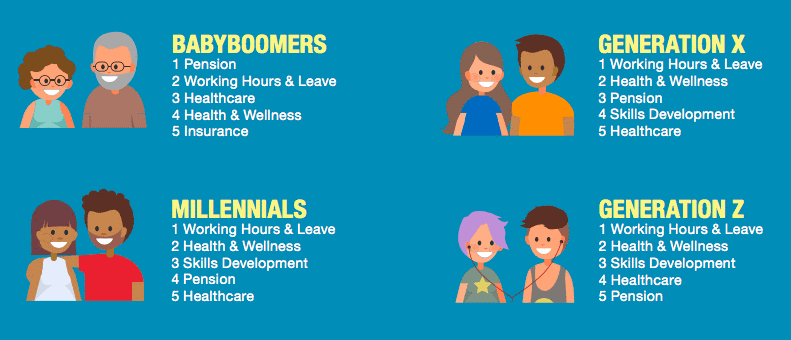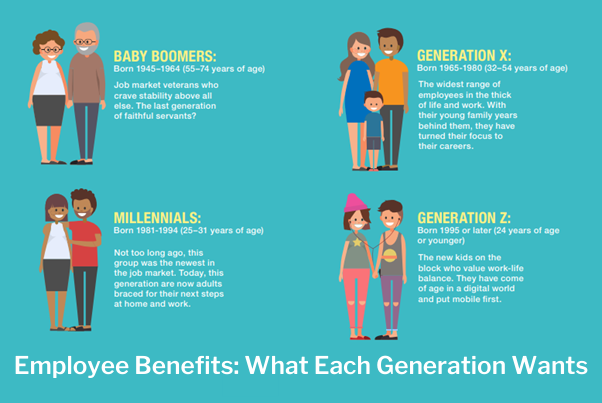This article discusses how NZ Superannuation entitlements may be impacted for ex UK migrants following the enactment of The New Zealand Superannuation and Retirement Income (Fair Residency) Amendment Bill. The article does not consider migrants from Countries other than the UK or those that have lived outside the UK.
Dia Eveleigh, Head of Wealth Management, First Capital Financial Services
New Zealand Superannuation Amendment Bill
The New Zealand Superannuation and Retirement Income (Fair Residency) Amendment Bill has passed its third and final reading in Parliament and is due to become law once Royal Assent is given. The Bill will see the qualifying period for New Zealand Superannuation rise from 10 to 20 years, with a phase-in period starting from 2023.
What is the current criteria?
The Work and Income website states that you may qualify for NZ Super if you:
a) Are over age 65
b) Are a NZ citizen, a permanent resident, or hold a residence class visa
c) Are ordinarily resident in NZ when you apply
d) Have lived in NZ for at least ten years since you turned 20
e) Have lived in NZ for at least five years since you turned 50
The Work and Income website also states, “You may qualify for NZ Super with less than ten years residence if you have migrated to NZ from a Country that NZ has a social security agreement with.”
What does the amendment change?
The amendment means that point d) above will change from 10 years to 20 qualifying years. The new law covers all residents, including born New Zealanders, meaning those who spend significant time overseas could be affected by the law change.
Those born before the 30th of June 1959 will qualify under the current criteria. A phased lifting of the qualifying period applies if born between the 1st of July 1959 and the 1st of July 1977. Applicants born after the 1st of July 1977 are subject to the full 20-year qualifying period.
All other points remain unchanged.
Social Security Agreement with the United Kingdom
New Zealand and the United Kingdom have a social security agreement that covers Superannuation payments; this has not changed. For ex-UK migrants or returning New Zealanders that have lived in the UK, this is important. Article 10 of The Social Welfare (Reciprocity with the United Kingdom) Order 1990 states:
“ … a person who is usually resident in New Zealand shall be treated as if he had been resident there during any period when he was resident in the United Kingdom…”
In other words, time spent as a resident in the UK counts as time spent as a resident in NZ. This is most vital when considering the number of qualifying years required to meet the criteria for New Zealand Superannuation.
An example.
Jane was born on the 2nd of July 1977 and will be 65 in 2042. Jane was living in the United Kingdom between the age of 21 and 63 before migrating to New Zealand with a Permanent Resident Visa. Jane remained living in NZ until the age of 65, at which time she applied for NZ Superannuation. Jane must meet the criteria for NZ Super, including:
i) 20 qualifying years between age 20 and age 65
ii) 5 qualifying years between age 50 and age 65
Jane meets the criteria for NZ Superannuation due to the Social Security Agreement between NZ and the UK. Jane has 42 qualifying years between the age of 21 and 63. Jane meets the “5 years since the age of 50” criteria under Article 10 of the Social Security Agreement by virtue of residence in the United Kingdom.
Potential Issues?
For ex-UK migrants that have lived in the UK for the majority of their life, the Amendment Bill will have little to no effect. However, as the workforce has become more transitionary in recent years, ex-pats who have worked offshore may need to look at their circumstances.
What about my National Insurance payments?
National Insurance payments are required to qualify for a UK State Pension; however, the existence or non-existence of UK National Insurance payments has no bearing on qualifying for NZ Superannuation. This subject is best explained in our e-book titled “State Pension: NZ vs UK” and is available at https://www.firstcapital.co.nz/_files/ugd/d96144_00bddae920b14c349e0e8bd45310223a.pdf.
UK Private Pensions
A UK Private Pension has no impact on qualifying for NZ Super. The rules regarding the transfer of UK Private Pensions are complex and constantly changing. We recommend contacting us to discuss the advantages and disadvantages of transferring UK Private Pensions before making any decisions.
Dai Eveleigh
First Capital Financial Services
References
Refer to Article 10 of The Social Welfare (Reciprocity with the United Kingdom) Order 1990, Schedule: Convention on Social Security between the Government of the United Kingdom of Great Britain and Northern Ireland and the Government of New Zealand
https://www.legislation.govt.nz/regulation/public/1990/0085/latest/DLM137729.html?src=qs
Article 10 is titled “New Zealand National Superannuation by virtue of residence in the United Kingdom”. Article 10 is in The Social Welfare (Reciprocity with the United Kingdom) Order 1990
New Zealand Superannuation and Retirement Income (Fair Residency) Amendment Bill
https://www.legislation.govt.nz/bill/member/2018/0107/latest/LMS106828.html#LMS475381
Work and Income website:
https://www.workandincome.govt.nz/eligibility/seniors/superannuation/superannuation-overview.html#null





